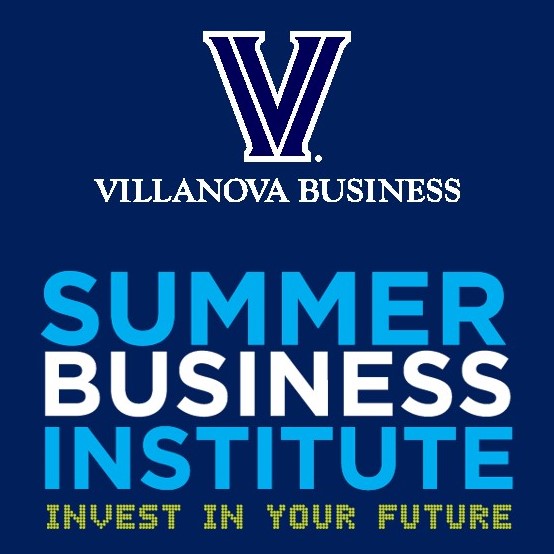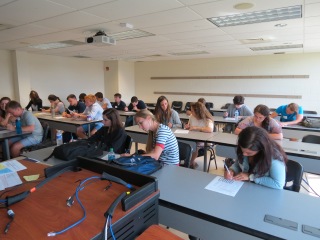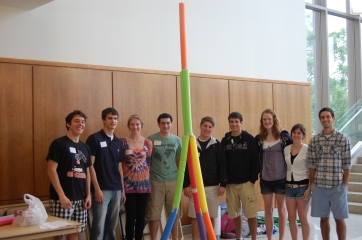To contiune the segment I started last week, I have three more questions that people curious about SBI wanted answered. Again, reach out if there is something you’d like to know, but hopefully these questions answer some of yours.
1. What is the best way to study for any of the classes?
Just like your in year classes- it’s a person by person case with regards to the best way to study. However, most students during SBI reached out to other students and worked on homework and studied together. You are all covering the same material and some people might grasp the material differently than you did. So it is often really beneficial to help one another during those ten weeks.
2. Is it helpful to have any background in business?
It might be helpful, but by no means is it necessary. Quite a few people in my class had taken Econ in high school or were even Econ majors. So they definitely had a deeper knowledge base than I did coming in (I couldn’t tell you the difference between Macro and Micro economics at the beginning of SBI). With the other classes, many people hadn’t had exposure to the material. Again, if you do have previous exposure, it would probably help a bit, but you won’t, by any means, be behind if you don’t know anything.
3. Do teachers offer any extra help?
Absolutely. Every professor offered office hours everyday for students to attend for extra help. They were often available before and after class so that students had plenty of access to extra help. The program also offers FMR tutoring on some nights for extra help and practice. The program is really geared towards making sure people know the material and that they know it well.
Joke of the Day:
Q:What’s Brown and sticky?
A: A stick



